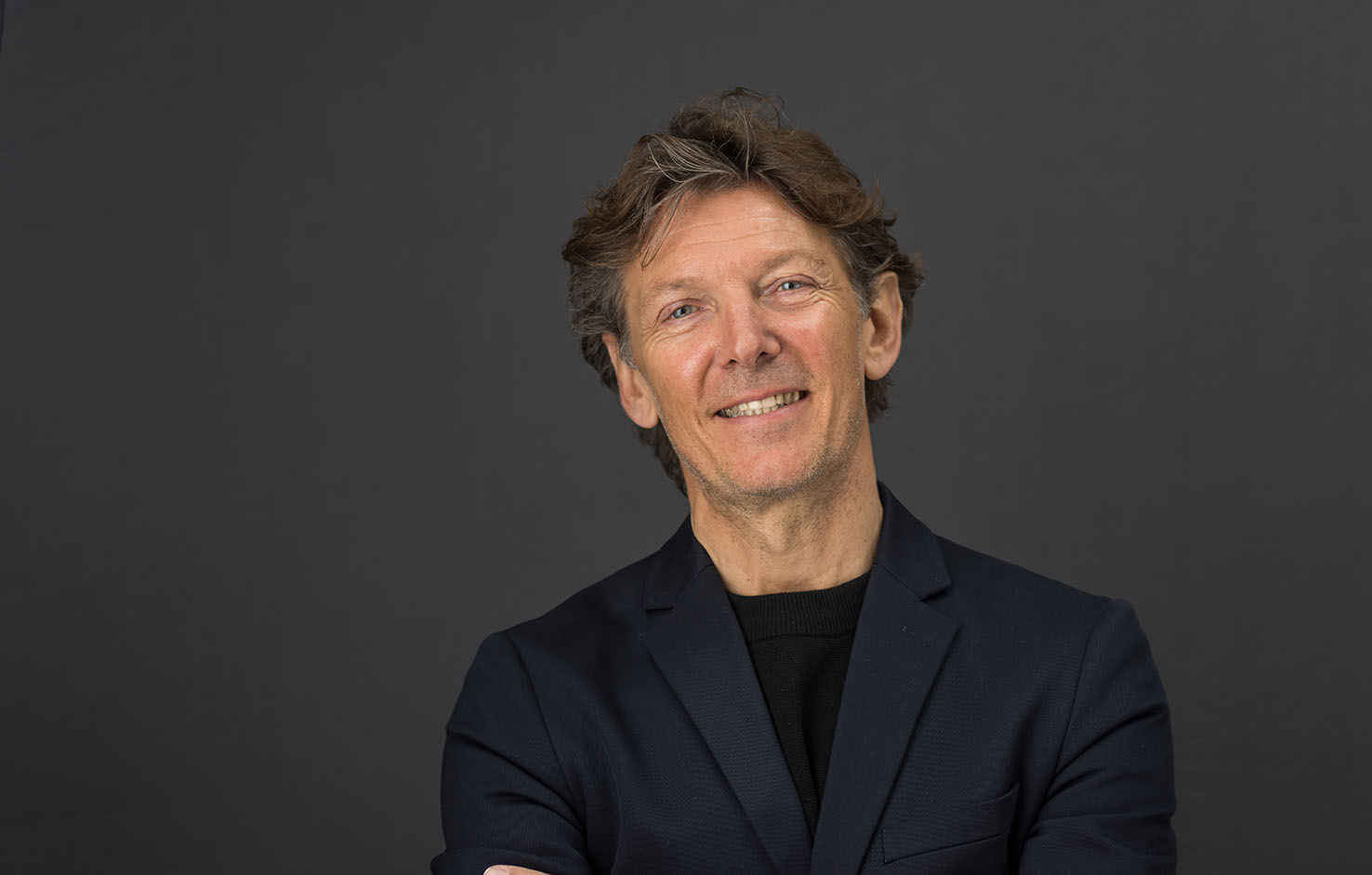TheSocialMedwork was established by Sjaak Vink, a Dutch entrepreneur whose personal experiences motivated him to establish an enterprise granting patients access to new medications. An earnest man, Vink explained where his vision comes from:
“I started this company because one of my friends was diagnosed with a serious disease and he couldn’t access the medicine that he needed. It was approved in the US, but not yet in Europe. He lived in Berlin, and unfortunately passed away before the medicine was approved in Germany.”
Vink was understandably frustrated by his friend’s situation. He started looking into the lengthy process of clinical trials and regulatory approvals, and learned that a drug approved in one country can still take 10 -15 years before it is approved in others. This discovery spurred Vink to action:
“I created TheSocialMedwork because I wanted a global network where as soon as a new medicine is available in one country, it is immediately be available around the world.”
“If something is approved today in the US, we try to make it available next week to the rest of the world. That is our goal.”
Vink founded TheSocialMedwork together with Bernard Muller, an ALS/MND patient who also founded Project MinE and Treeway; Jamie Heywood, who started PatientsLikeMe (the largest patient network in the world), after his brother passed away from ALS; and Katrin Schepp, a lawyer determined to help patients after losing her father to cancer.
How does it work?
TheSocialMedwork helps patients from around the world access newly approved treatments by applying for compassionate use. Also referred to as expanded access, this is a program where people with serious or life-threatening conditions can access drugs prior to their approval through a formal application.
Although almost every nation in the world has laws supporting compassionate use, the program is it is often not put into practice. Many physicians are either unaware of the program itself, or don’t know how to navigate the complex paperwork (which varies from country to country).
By guiding patients and physicians through the compassionate use application process, TheSocialMedwork has been able to supply medication to over 10,000 patients from more than 80 different countries.
“If something is approved today in the US,” Vink says, “we try to make it available next week to the rest of the world. That is our goal.”
When a new drug is about to be approved, the company and its network of key opinion leaders (mainly physicians with a specialization in a particular disease area) asses if the new drug would bring added value to patients. If they think it would, TheSocialMedwork tries to secure a supply of the medication from the pharmaceutical company itself and make it available on TheSocialMedwork’s platform.
As soon as a patient or physician reaches out, TheSocialMedwork supplies them with all the relevant information on the drug. When the doctor determines that the treatment in question would be beneficial to the patient, TheSocialMedwork initiates the compassionate use application process. The company organizes all the paperwork and logistics and finally has the medicine delivered to the hospital or pharmacy where the patient will access the treatment. A patient cannot get medicine without both a doctor’s prescription and the proper compassionate use approval.
“My dream is for everyone, in every country, to have access the best possible treatments. To do this, we need to move to a universal basic healthcare system.”
When asked about the company’s business model, Vink was very open:
“We charge a ‘support fee’, determined by how complex the paperwork and delivery process is in each individual case. Pills that can be sent by mail are a lot cheaper to deliver than a drug that needs to be cold-stored and sent to the heart of Africa, for example.”
A vision for the future of healthcare
Vink founded TheSocialMedwork out of a desire to correct what he perceived as an inequality in healthcare accessibility. Through his company’s work, he has personally visited patients from many different corners of the world, and his perception of this imbalance in the global healthcare system has only grown stronger. Speaking of a recent experience with a patient helped by TheSocialMedwork, Vink said:
“Recently, I was in a small village outside of Abu Dhabi as the guest of honor in this man’s humble house. I looked around and there wasn’t even a computer. So, I asked the man, ‘How did you hear of TheSocialMedwork? And how did you manage to pay for the service?’ He said, ‘I used my phone. And everyone in the village helped me; we are used to all contributing when someone is ill.’ The whole village had come together to help this man access the treatment he needed.”
Read this previous BioVox article for more on the future of Belgian healthcare.
This experience, along with many others, have hardened Vink’s resolve to make a difference to the way that global healthcare is currently operating.
“My dream is for everyone, in every country, to have access the best possible treatments. To do this, we need to move to a universal basic healthcare system: one regulatory system, one reimbursement system, that makes healthcare equally available for everyone. If we help people in other parts of the world to live healthy and happy lives, then the whole world will be better for it.”
Image © TheSocialMedwork


